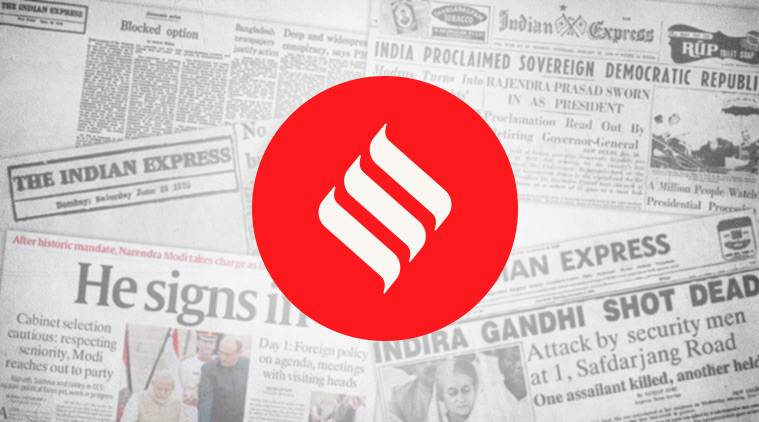
It looks like there will be a closure soon for the families of the 15 workers who were trapped in a rat-hole mine in Meghalaya’s East Jaintia Hills. All accounts indicate it will be a painful one. On Wednesday, rescue workers found the decomposed body of one of the workers. It’s a sign that the other workers, who have been trapped in the mine since December 13 last year, may share his terrible fate.
The episode has brought the spotlight, rather belatedly, on rat-hole coal extraction that has continued in the Northeastern state despite a more-than four year-old National Green Tribunal (NGT) ban. On Wednesday, the Supreme Court (SC) referred to this ban while hauling up the Meghalaya government for its “failure to curb rampant illegal mining” in the state. “If any steps were being taken to stop illegal mining, these incidents would not be happening,” the court observed. It banned the transportation of all coal extracted in the state till it hears the matter next on February 19. The discourse should now shift to finding ways to avoid a repeat of the tragedy that befell the 15 miners and their families.
With reserves amounting to nearly 6 million tonnes, Meghalaya is among the top 10 coal producing states in the country. According to the state government’s reports, the industry was among the biggest revenue earners for the state, generating about Rs 700 crore annually, prior to the NGT ban in 2014. By all accounts, the green court’s ban only pushed the activity underground. After the December 13 tragedy, the state administration admitted the existence of illegal mining outfits but also expressed helplessness in stopping their activities.
It claimed that the NGT ban is difficult to enforce because mining is a major source of livelihood in a region with very few employment opportunities. But a citizen’s report submitted to the Supreme Court in December last year contends this is only one part of the story. It alleges that politicians cutting across party lines have stakes in rat-hole mining and there is a serious conflict of interest with ministers being involved in the mining business.
The NGT ban was precipitated by an accident in 2012. It has taken another tragedy to bare the complexities around rat-hole mining in Meghalaya. But as policymakers and courts deliberate on ways to check this hazardous activity, they should heed the biggest lesson of the December 13 tragedy: Unilateral bans are a blunt instrument.